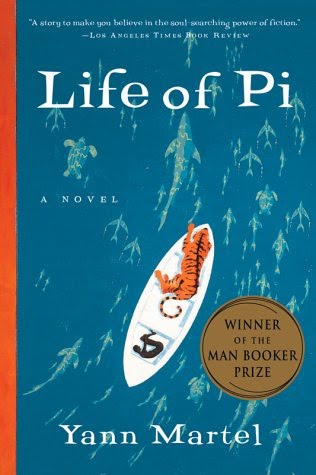 Current Location: Blacksburg, Va.
Current Location: Blacksburg, Va.
Current Gig: Intern producer for WSLS 10, photographer/editor for VTTV33 and multimedia journalist for The Collegiate Times.
Member Since: July 2010
Six word memoir: Look around and enjoy your surroundings.
Favorite fictional character: Pi, from “The Life of Pi.”
Favorite tech tool: I have to say I’m a huge fan of Twitter. Also love Dropbox.
What happens during your average day?
My days are sporadic. Mondays and Wednesdays I work as a production technician in a Virginia Tech auditorium. After that, I head straight to my internship in Roanoke. where I’m learning the art of producing a newscast. Tuesdays and Thursdays I go to class, then I’m working on a video for Virginia Tech Television, preparing a story for The Collegiate Times or shooting video with a Collegiate Times writer. On the weekend I’m either editing videos, catching up on homework or taking a moment to breathe.
Why did you choose to get involved with online media?
Long story short: I followed a tumultuous road in college that led me from biology to film then to multimedia journalism. I had an interest in creating movies in high school, but in college I wanted to produce shorter videos. Now I’m applying my knowledge of film to create short, story-driven videos for online and on-air publication. I also have to thank Twitter for stimulating my interest in online media. I became involved in #wjchat, which is a Twitter chat where all types of journalists come together to discuss web-based media, new tech tools for journalists and other topics that are affecting the industry. It was during these chats that I connected with professionals and learned how the print industry was shifting online and how there would be an emphasis on multimedia content to create more engaging stories. One aspect of multimedia is video, so I was sucked into online media from then on.
You are very active on social media, but haven’t used Google+ since June. Since there are tons of social media sites competing for your attention, how do you decide what you will ultimately use?
I admit that I haven’t been giving Google+ the attention that it needs. I will say that I’ve been trying to become active after I learned about the Google+ On Air feature. It allows a person to broadcast themselves via Google Hangouts and pull in viewers from all over the globe. I think it has the potential to affect the industry, especially in the broadcast field. As for what I decide to use, I currently have a set of social media sites that I pull up when I open my computer: Facebook, Twitter, Mashable and CNN. Facebook and Twitter because they provide me a diverse selection of content, Mashable because it has a lot of content centered around social media and CNN for international stories. I also peek into The New York Times from time to time.
On Dec. 8, 2011, you were one of the voices representing Virginia Tech during the second shooting. What was that experience like, and how has it influenced how your approach journalism?
It was an interesting experience because, on one side, I was a student who didn’t want to see all the media spotlight Virginia Tech again and tie in the December shooting with the April 16 (2007) tragedy. On the other hand, I knew I had to do my job as a journalist and report what was going on.
When I focused on updating the community while locked down in a media lab on campus, I realized that this was exactly the kind of career I wanted to go into. I wanted to learn more about what was happening, I wanted to connect and discuss with people in the community and I had to figure out a way to present my findings in a way that it would sufficiently inform the public. I learned a lot that day, from using Facebook and Twitter to engage with my fellow students on and off campus, to being interviewed by multiple media outlets about the situation.
It was a sad day, but it was also a day that made me love this profession even more. I’ve learned how to engage with the public more efficiently, to stay curious, to ask what makes the story important and how it ultimately affects the community.
What is the most valuable skill you learned inside and outside of the classroom?
The most valuable skill I learned inside the classroom was the importance of staying ahead of the curve. To always keep learning, researching and improving your craft as a journalist. The more you practice, the better your work gets. The professors may say it all the time, but they are right. You won’t get better if you don’t keep practicing. Outside the classroom, I’m continuing to learn how to use social media to engage with the community, connect with the public and generate discussions about local, national and international events. Community engagement has been a big interest of mine and I’d like to improve my skill as a community engager.
If you had a million dollars dedicated to improving media, you would …
Probably donate it to academia and give journalism professors and students more resources to work with. I strongly believe that the skills developed inside the classroom really help student journalists gain a better understanding of the industry. It also allows them to focus on the skills needed to work in the media. The more resources professors and students have, the more opportunities there are to work on different skills and receive more hands-on training.

